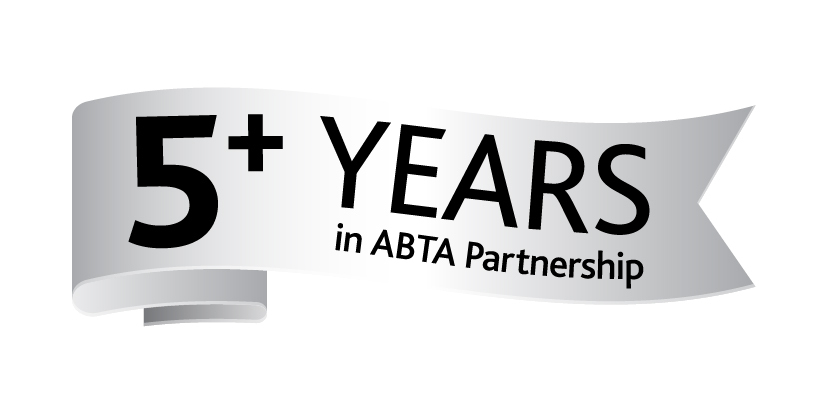Search engines are evolving to understand more than just strings of letters put together - they’re interpreting meaning.
They want to grasp what you’re actually talking about, not just what you’ve typed. This is where entities come in – these are the people, places, brands and concepts that machines use to make sense of content and may have an important role to play in how your content gets found.
What are entities in search?
At its core, an entity is any concept that search engines can recognise distinctly as its own ‘thing’- for example, it could be a person, place or brand. London would be an entity, since it refers to a specific and identifiable concept on which search engines can build a knowledge graph. Now you might be wondering – what is a knowledge graph? Well, imagine a spiderweb with lots of connections and points of interest, where everything is linked to one another by related strands of information. Machines can build a structured database like this to help them ‘understand’ links between entities, for example London would be linked to Big Ben. It gives what would be simple keywords actual meaning and context to search engines and machines. The information from this knowledge graph can be displayed on Google’s search results page in a box next to the results.

Entity search isn’t just for Google - AI uses it too
With generative engine optimisation and writing for AI being the popular new kid on the block, it’s worth mentioning that your favourite LLMs also rely on entity recognition and linking to help them understand concepts. When Google first launched AI Overviews, the initial source of information came from Google’s knowledge graph, and when tools like ChatGPT, Gemini or Claude generate responses, they don’t just match keywords, they rely on entities to figure out what you mean and what answers are relevant. These models use massive, structured datasets, like Wikidata or internal knowledge graphs, to identify and connect entities, ensuring their replies are coherent and factually aligned. Optimising content for entities doesn’t just help with search visibility — it makes your content more intelligible and useful to AI as well.
How to optimise for entities in SEO and GEO
1. Focus on clear, specific topics
It’s important to target more specific entities and not just vague descriptions or blanket keywords. So rather than writing a blog post about ‘Best food to eat in London’, try narrowing it down to something a bit more like; ‘Best places to eat Italian food in London’.
2. Use structured data (schema markup)
While machines might not be the best at comprehending paragraphs of content (despite how well it’s written), one thing they would get a medal for is reading schema. Schema markup is a type of structured data that you can add to your site to help search engines understand your content more clearly. It’s like putting a big label on key points of your content, whether it’s a person, place, product or organisation, allowing search engines to explicitly recognise what those words are about. While LLMs did not initially use schema, they have started recently with ChatGPT using it for processing product information.

3. Link to authoritative entity sources
Internal and external linking is great for building your expertise and authoritativeness on the topic you’re making content about. Having links to pages on your own website shows that you’ve covered these topics in depth, while having links to other trusted sources backs up your content credibility. All these links can help build semantic associations and reinforce entity identity between all the topics, entities and pages involved.
4. Use natural language and contextual clarity
As always in SEO, best practice is to introduce your keywords naturally and it’s no different for entities. When possible, surrounding entities with relevant descriptive language can also help provide contextual clarity to search engines and AI to understand what you’re writing about. You might even want to clarify any ambiguous terms early on if they may be mistaken for something else, e.g. when mentioning Apple, do you mean the tech company or the fruit?
5. Optimise for topical authority
Covering related subtopics in depth across multiple pages on your website provides evidence that you’re an expert on this topic! This means AI will be more likely to display your content and search engines will rank you higher on the results page. Having a main entity page as your pillar and creating lots of supporting pages and clusters that are related demonstrates you’ve got topical authority and know what you’re talking about.
6. Don’t forget about keywords
I’m not suggesting we throw away keywords and that they’re now obsolete. We still need keywords as much as ever in SEO and they definitely still have a place with entity optimisation. In fact, keywords can help support entity recognition by providing contextual clues that help search engines and AI understand which entity you’re referring to and what the content is really about. If your page is about London and the content contains words like capital city, giant clock or over-the-top ferris wheel, machines can easily pick up that you mean London, UK and not the other London in Ontario, Canada. While these words themselves aren’t entities, they provide much needed supporting information so machines don’t get confused.
Entities are worth paying attention to
Entity-based optimisation is important for SEO and AI visibility. Search engines and LLMs are mapping and linking things together, so if you’re content doesn’t clearly define what it’s about, you risk being overlooked. Using structured data, contextual clarity and well-placed semantic signals, you’re making sure your content is being understood, not just indexed. Next time you write a blog post or when looking back on older pieces, maybe it’s worth asking: does your content make sense to machines, or just to people?





